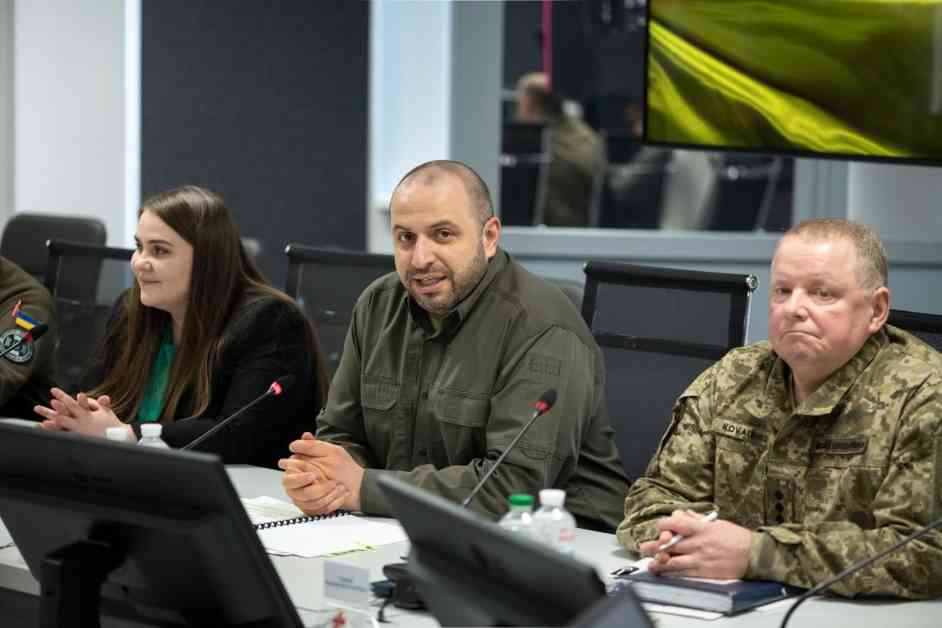The Ukraine Defense Contact Group in the Ramstein format meeting in Brussels has kicked off with a new leader at the helm. Ukrainian Defense Minister Rustem Umerov has taken charge, emphasizing the critical need for sustained military aid and deeper defense cooperation in the face of ongoing Russian aggression. This meeting, crucial for coordinating international efforts to support Ukraine, brings together representatives from over 50 countries, including NATO member states. With concerns looming about potential changes in US aid for Ukraine, the stakes are higher than ever.
UK Assumes Leadership Role
For the first time, the UK Defense Secretary John Healey is chairing the meeting, alongside newly appointed US Defense Secretary Pete Hegseth. This leadership transition marks a significant moment for the group, setting the tone for discussions on key issues such as stable arms deliveries in 2025, expediting critical weapon supplies like air defense systems and ammunition, and fostering collaboration on defense projects with European partners. The focus extends beyond immediate military needs to include boosting arms production in Ukraine, securing financing for the defense sector, and strengthening European weapons supply chains.
Umerov has also drawn attention to upcoming security events, including a Ukraine-NATO Defense Ministers’ Council meeting and the prestigious Munich Security Conference. In a statement, he emphasized Ukraine’s readiness to negotiate for peace while underscoring the necessity of maintaining strength on the battlefield for a just and lasting resolution. The meeting is strategically timed ahead of the NATO defense ministers’ summit, where discussions on Ukraine’s defense requirements will take center stage.
Global Concerns and Preparedness
As tensions escalate in the region, Ukrainian public figures have issued a plea to world leaders, urging them not to yield to evil forces. The specter of a potential Russian attack on Finland, Baltics, and Norway looms large, prompting NATO to ramp up preparations for defense. Analysts warn that the Kremlin’s focus on force generation over economic considerations could have far-reaching implications for 2025. Moreover, there are ominous forecasts that Russia might target NATO territories by 2030, a stark reminder of the persistent security challenges facing the region.
The Ramstein meeting serves as a critical platform for shaping strategic responses to these pressing issues, fostering unity among allies, and fortifying defenses against potential threats. By engaging in collaborative efforts to bolster Ukraine’s military capabilities and enhance security cooperation, participants aim to create a more resilient and secure environment in the face of evolving geopolitical dynamics.
In conclusion, the ongoing Ramstein meeting in Brussels signifies a pivotal moment in international efforts to support Ukraine and address regional security challenges. As global leaders gather to chart a path forward, the urgency of solidarity, strategic foresight, and proactive defense measures becomes increasingly apparent. By standing together and reaffirming their commitment to collective security, participants aim to navigate the complex geopolitical landscape with resilience, vigilance, and unwavering resolve.

















